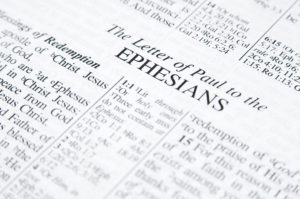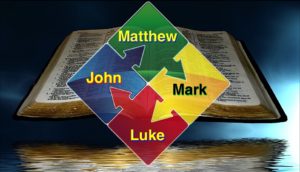The Bible Completely Equips Us & Doesn’t Need Supplements
Many people professing to be Christians today believe the Bible is useful but incomplete and needs to be supplemented by their own teachings and writings. But is this the case? Is it possible that the Bible completely equips us?
“All Scripture is God-breathed and is useful for teaching, rebuking, correcting and training in righteousness, so that the servant of God may be thoroughly equipped for every good work.” (2 Tim 3:16-17) The Bible completely equips Christians because it is the only divinely inspired writing.







